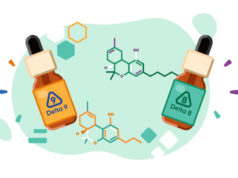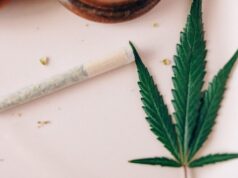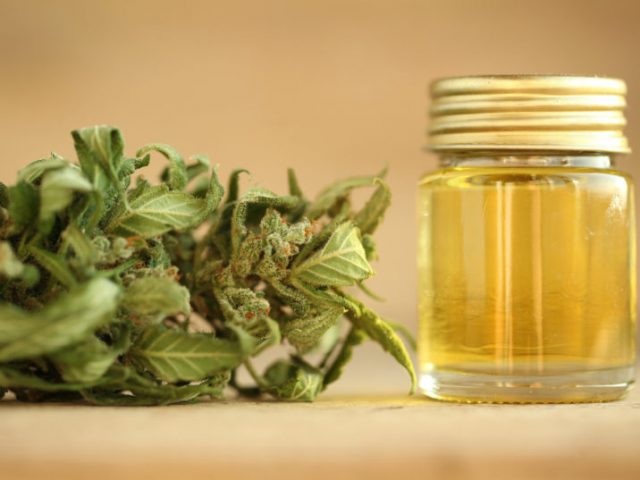
A non-intoxicating extract from cannabis, CBD oil has gained immense popularity for its potential health benefits. This article provides a comprehensive overview of the production process, infused with expert insights to give readers a clear understanding of what goes into making this sought-after product.
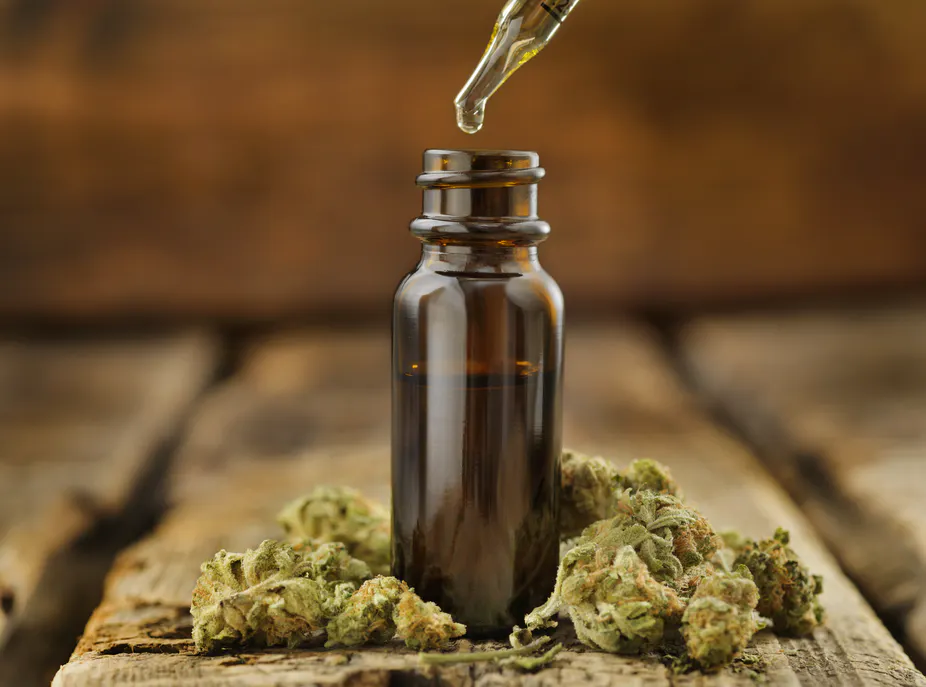
The Source of CBD
Cannabidiol is primarily extracted from hemp, a cannabis plant cultivated for its low THC content and high CBD concentration. Hemp plants are grown to meet specific legal standards, ensuring the final product does not exceed the THC threshold of 0.3% by dry weight. This cultivation process is critical, as the quality of hemp directly influences the purity and effectiveness of the resulting CBD oil. For those navigating the vast options of CBD products, resources like CBDproductsGuide can be invaluable in selecting quality, compliant offerings that harness the best of hemp’s potential.
Once the hemp plants reach maturity, they are harvested. The timing of the harvest is crucial to ensure the plants have reached their optimal CBD concentration. Following the harvest, the plants undergo a drying and curing process. This step is essential for removing moisture, concentrating CBD, and preparing the biomass for extraction. The prepared biomass then moves to the extraction facility, where the production begins.

Extraction Methods
CO2 extraction is a sophisticated method favored for its efficiency and safety. It involves using supercritical CO2 as a solvent to extract CBD and other beneficial compounds from the hemp biomass. This process is highly controllable, allowing for the selective extraction of compounds and the production of a pure, potent oil. The CO2 extraction method is environmentally friendly and ensures that the final product is free from residual solvents.
Another common method is ethanol extraction, which uses high-grade alcohol as a solvent to extract CBD. This method is efficient for producing it in large quantities and is known for its ability to preserve the plant’s terpene profile, enhancing the oil’s flavor and therapeutic properties. However, the ethanol extraction process requires careful purification to remove all traces of alcohol from the final product, ensuring its safety and quality.

Refinement and Testing
After extraction, the crude CBD oil undergoes further refinement processes, including winterization and distillation. Winterization removes fats, waxes, and lipids, resulting in a cleaner oil. Distillation further purifies the oil, concentrating the CBD and other desirable compounds. These refinement steps are crucial for achieving the high purity and potency levels that consumers expect from premium CBD oil products.
The final step in the CBD oil production process is rigorous quality control and lab testing. This ensures that the oil meets strict standards for purity, potency, and safety. Independent labs analyze the oil for cannabinoid content, terpene profile, and the absence of contaminants such as pesticides, heavy metals, and solvents. This testing is essential for verifying the oil’s compliance with legal and industry standards, providing consumers with confidence in the product’s quality.
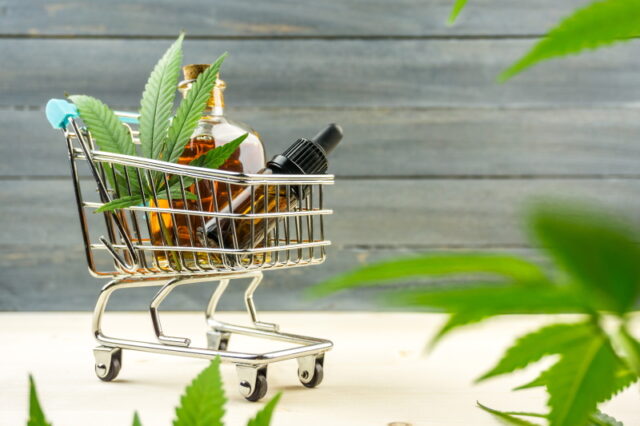
Conclusion
The production of CBD oil is a complex process that requires precision, expertise, and adherence to strict quality standards. From the careful cultivation of hemp to the sophisticated extraction and refinement processes, every step is crucial for creating a product that is safe, effective, and of the highest quality. With the growing demand for CBD oil, understanding its production process is essential for consumers seeking to make informed choices about their health and wellness.

